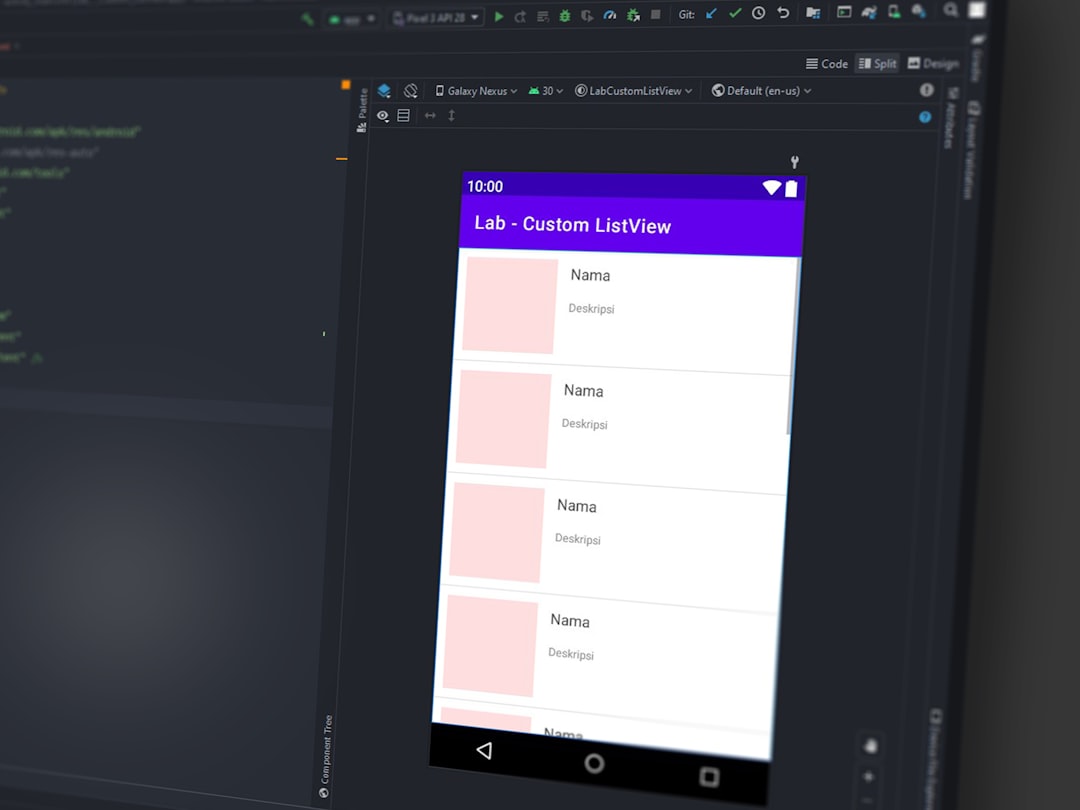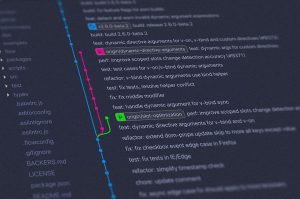Namecheap vs. Cloudflare for Domains: Pricing, Support, Lock-In
5 min read
When it comes to managing domains, choosing the right registrar is more than just picking the cheapest option. Features like customer support, DNS management, ease of use, and vendor lock-in are also critical considerations. Two popular options—Namecheap and Cloudflare—offer compelling value in different ways. However, their approaches vary considerably in terms of pricing, customer support, and other important domain management features. This article dives into these elements to help users make an informed choice between the two domain management platforms.
Overview of Namecheap and Cloudflare
Namecheap is a longstanding domain registrar known for its user-friendly interface, competitive prices, and extensive customer support. It also offers hosting services, SSL certificates, email hosting, and other web-related tools. On the other hand, Cloudflare started as a CDN and security service provider but now offers domain registrations with an interesting twist—it sells domains at cost, meaning no markup.
The differing business models play a major role in the customer experience and long-term value offered by both platforms.

Pricing
When talking about domain pricing, it is essential to look beyond the initial registration cost. Renewals, WHOIS privacy, and transfer fees can significantly affect long-term expenses.
- Namecheap: Offers competitive initial registration rates, often with discounts for the first year. Renewal rates, while still reasonable, are typically higher than the initial offer. WHOIS privacy is free for life on eligible domains.
- Cloudflare: Sells domains at wholesale prices without any markup. This means users pay the exact cost that registrars pay to domain registries. WHOIS privacy is included at no extra cost wherever supported.
For price-sensitive users, Cloudflare is generally the better deal in the long run. However, Namecheap’s frequent promotions and bundled services may still be attractive for certain buyers.
Support and Customer Experience
Customer support can make a significant difference in domain management, especially for those not familiar with DNS settings or domain transfers.
- Namecheap: Provides 24/7 live chat, ticket support, and comprehensive help articles. Their support staff is generally considered responsive and helpful, particularly for beginners.
- Cloudflare: Offers support primarily through forums and help documentation for free accounts. Paid support is available, but it’s targeted more toward CDN and performance services rather than domain registration issues.
From a support perspective, Namecheap clearly has the upper hand—especially for users who anticipate needing guidance or quick issue resolution.
User Interface and Ease of Use
Both platforms offer clean interfaces, but their complexity and intended audiences are quite different.
- Namecheap: Geared toward everyday users, its interface is intuitive and simple. Domain management functions, like DNS updates or enabling WHOIS protection, are clearly labeled and easy to find.
- Cloudflare: While its DNS management dashboard is powerful and fast, the greater complexity may be overwhelming for less technical users. It is excellent for developers and tech-savvy users familiar with DNS configurations.
For those who prefer a plug-and-play experience, Namecheap will feel more accessible. Cloudflare, however, shines for advanced users seeking full control over DNS and security configurations.
DNS Features and Integration
DNS performance and flexibility play an essential role, especially for businesses that depend on web availability. Cloudflare’s roots as a CDN and performance company give it notable advantages in this area.
- Namecheap: Offers a reliable DNS service with standard features. Premium DNS is available for an annual fee, improving uptime and redundancy but may not match Cloudflare’s speed.
- Cloudflare: Includes enterprise-quality DNS with every domain, featuring blazing-fast propagation, DDoS protection, and integrated CDN capabilities.
For those prioritizing performance and security, Cloudflare is the clear winner. If standard reliability suffices, Namecheap still delivers at a competitive price point.

Lock-In and Domain Portability
Another important factor to consider is how easy—or difficult—it is to move your domain to another registrar.
- Namecheap: Makes transferring domains in and out relatively simple. There are clear, easy-to-follow instructions for unlocking domains, obtaining authorization codes, and initiating transfers.
- Cloudflare: Allows domain transfers in but doesn’t yet support outbound transfers for all TLDs. The domain lock-in can be concerning, particularly if Cloudflare decides to change its policies or pricing models in the future.
This lack of full portability may be a red flag for some users. As of now, Cloudflare has declared its intention to fully support outbound transfers in the future. Until then, users who value flexibility might prefer Namecheap.
Value-Added Services
Sometimes, the domain registrar is just one part of a larger ecosystem, and each platform offers different value-added services.
- Namecheap: Includes email hosting, SSL certificates, VPN services, and website builders, which can be conveniently bundled with domain purchases.
- Cloudflare: Excels in performance and security offerings, such as its CDN, DDoS protection, and Zero Trust platforms. However, these services are aimed more at organizational and developer-grade applications.
If you’re looking for an all-in-one website solution, Namecheap has more consumer-friendly options. Cloudflare is better suited for developers or enterprises focused on performance and security enhancements.
Conclusion
Ultimately, the choice between Namecheap and Cloudflare depends on the user’s specific needs. For affordable pricing, responsive support, and an easy-to-use platform, Namecheap is an excellent choice for beginners and small businesses. It offers a more traditional registrar experience with helpful extras and user-friendly tools.
Cloudflare, on the other hand, is perfect for those who value cost transparency, speedy DNS performance, and integrated web security benefits. It’s a better fit for developers, tech-savvy entrepreneurs, and businesses looking for cutting-edge performance and reliability without the bells and whistles of traditional registrars.
Weighing pricing, support, lock-in, and additional features carefully can help ensure that your domain management experience aligns tightly with your broader web goals and technical comfort level.
FAQ
- Q: Which is cheaper, Namecheap or Cloudflare?
A: Cloudflare sells domains at cost, which generally makes it cheaper over time. Namecheap can be cheaper the first year due to promotions. - Q: Does Cloudflare offer domain hosting?
A: Cloudflare does not offer web hosting. It specializes in DNS, security, and CDN services. You will need a separate web host. - Q: Can I transfer my domain out of Cloudflare?
A: Not all domain extensions (TLDs) currently support outbound transfers, though Cloudflare intends to expand this capability. - Q: Is WHOIS privacy free with both services?
A: Yes, both Namecheap and Cloudflare offer WHOIS privacy protection at no extra charge. - Q: Which platform is better for beginners?
A: Namecheap is more beginner-friendly due to its simpler interface and better customer support. - Q: Can I use Cloudflare’s CDN with a domain registered at Namecheap?
A: Yes, you can use Cloudflare’s CDN and DNS services with any domain, regardless of where it is registered.



